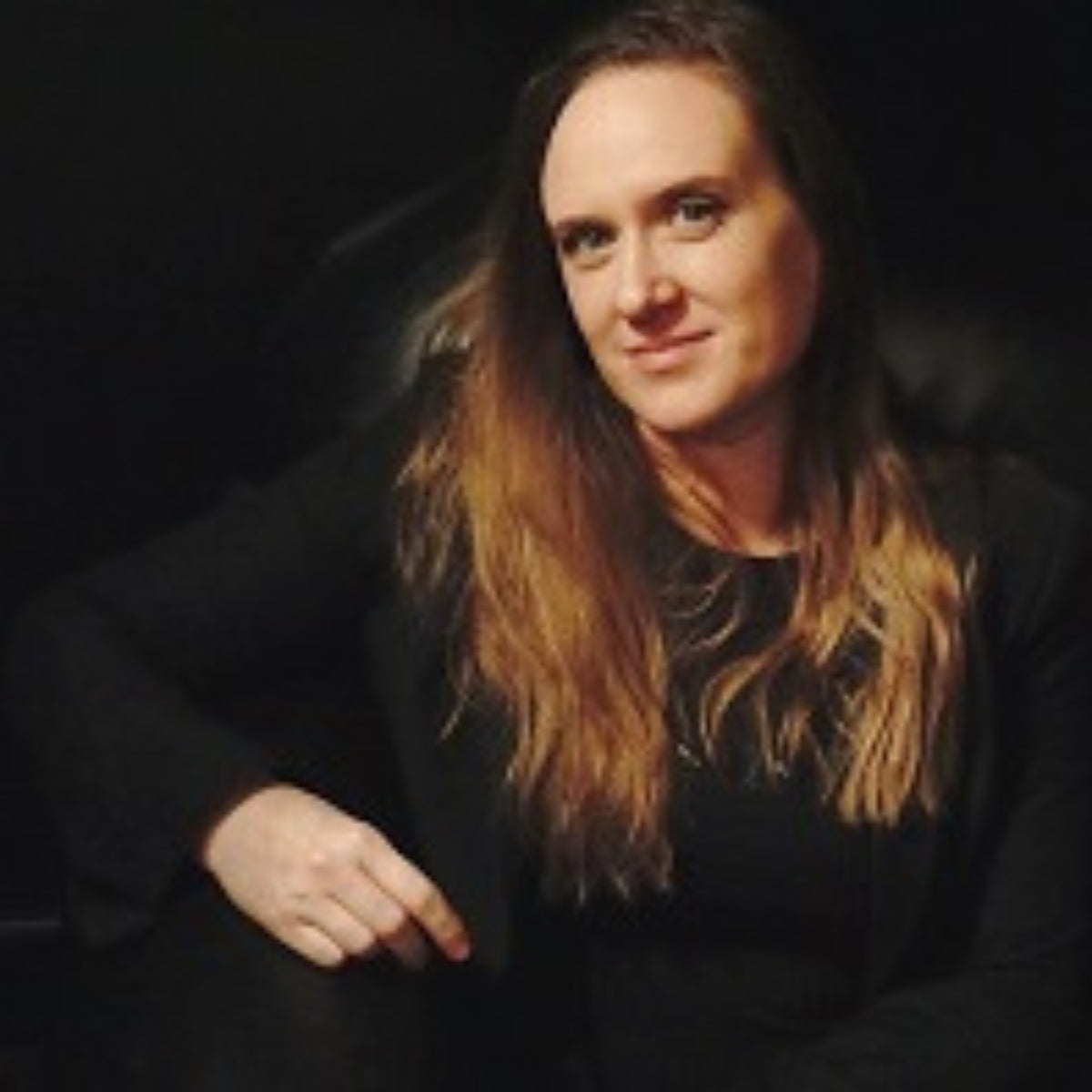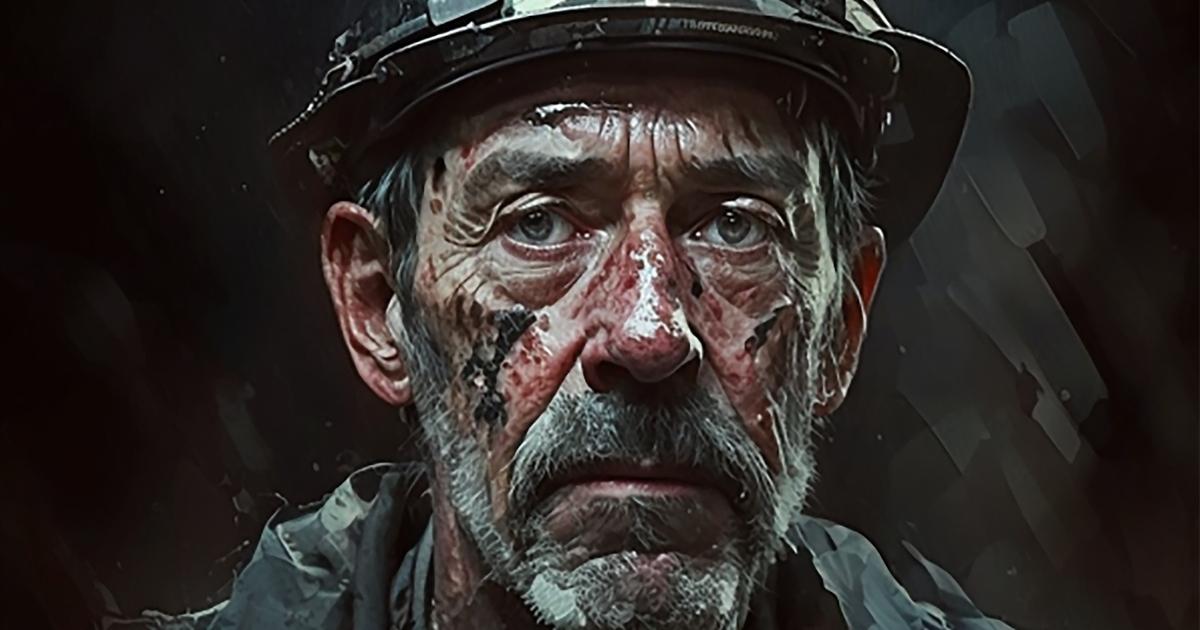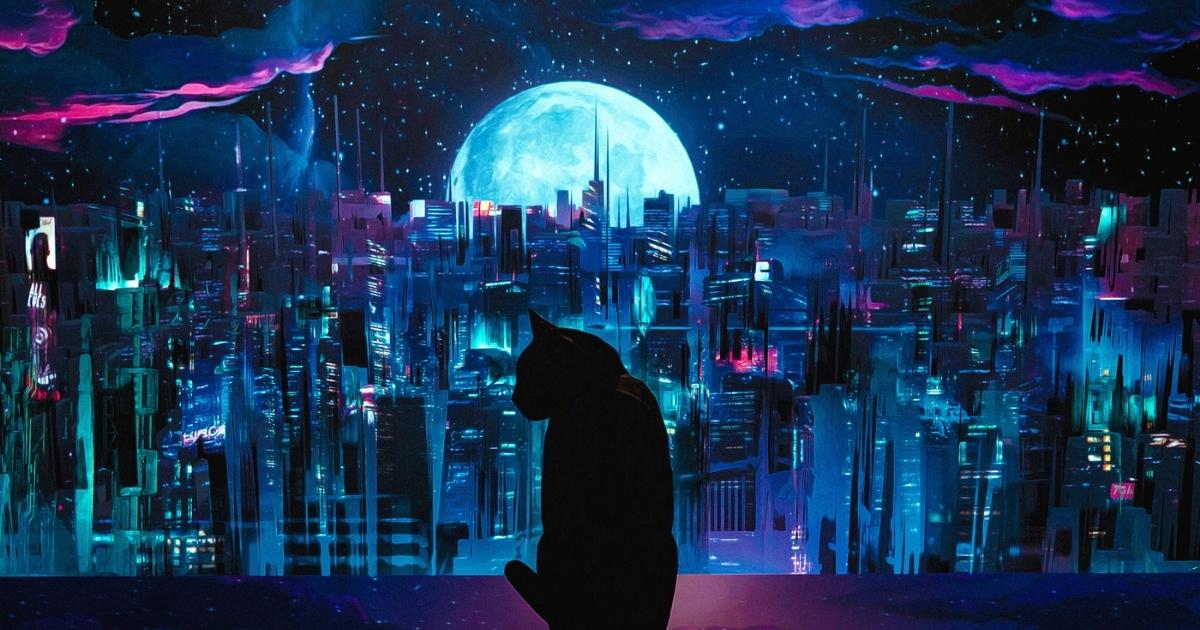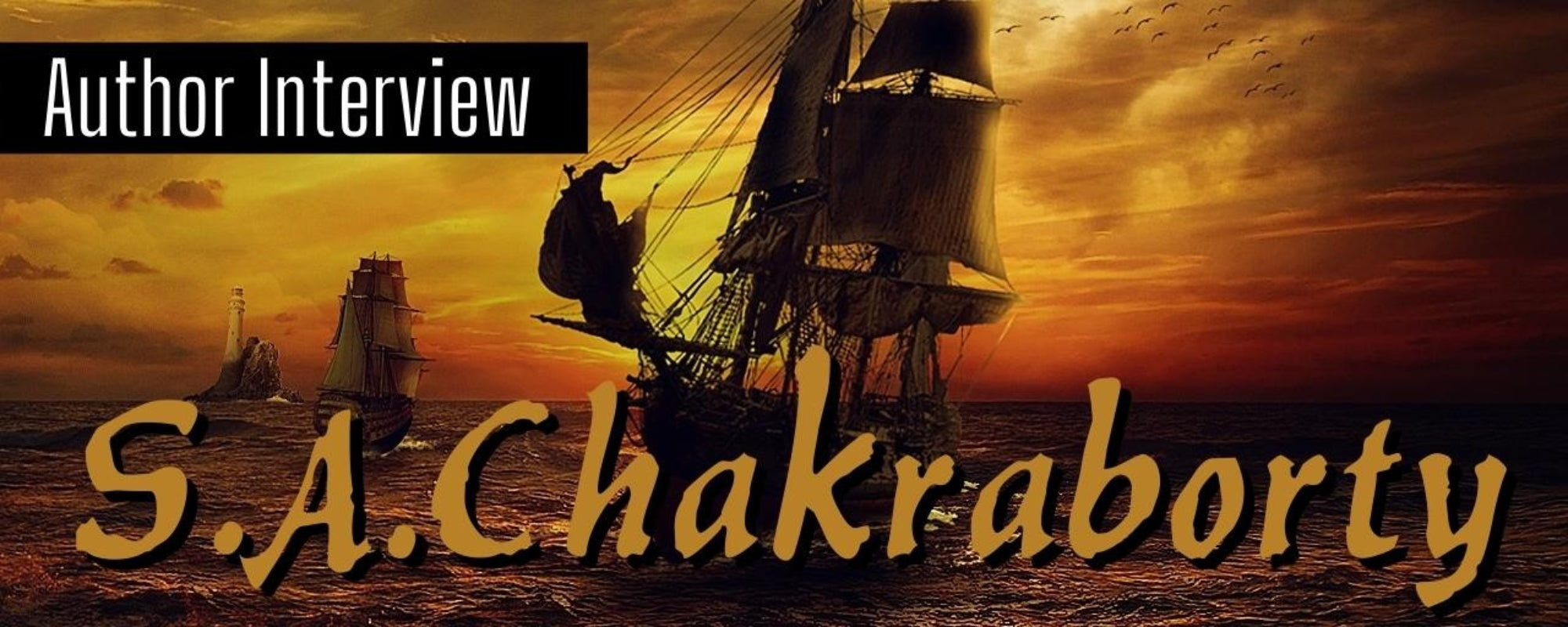

Author Interview: S. A. Chakraborty
Feature by Jena Brown
Shannon Chakraborty first swept into the fantasy world with her debut novel, City of Brass, in 2017. Her expansive world of djinn and magic captivated fans, and her characters quickly found their way into readers’ hearts. Dealing with themes of love and perseverance, the Daevabad trilogy speaks to the necessity of hope.

City of Brass
(Harper Voyager)

The Kingdom of Copper
(Harper Voyager)

The Empire of Gold
(Harper Voyager)

The Adventures of Amina Al-Sirafi
(Harper Voyager)
With a detailed eye for historical accuracy, Chakraborty has turned her attention to the Indian Ocean. Her newest book, The Adventures of Amina al-Sirafi, follows Anima, a woman who swore to give up piracy after giving birth to her daughter, even though the call to adventure never left her heart. So when the mother of a former crewman shows up on her doorstep with an offer that’s almost too good to be true, Anima can’t say no.
It’s a swashbuckling story that shines new light on piracy in the medieval Islamic world. I was thrilled to sit down and talk to Shannon about history, motherhood, and saying goodbye to beloved characters.
JENA BROWN: When did you start writing? What was your writing journey like?
A. CHAKRABORTY: I’ve always been a reader. When I was a kid, I made up my own books. As a teenager, I wrote fan fiction. So, I’ve always been a bookish child. But it wasn’t until the second book in the Daevabad trilogy, Kingdom of Copper, released that I thought I could actually have a writing career.
I’m the first person in my whole extended family to go to college, and I was raised by working class parents. I never considered that I would have a career in the arts because financial security and keeping a roof over my head was my priority.
But I always wrote on the side. I started working on stories set in a fantastical world inspired by the traditional ideas of the djinn and history, and those stories ended up becoming The City of Brass.
The whole process went from something like ten years of grind, to “nothing is ever going to happen with this,” to “querying is hopeless,” to selling at auction, and the book coming out twelve months later.
JB: Part of what made the Daevabad trilogy so successful was the rich history you created for your world. How much research did you do for The Adventures of Amina al-Sirafi?
SC: I did lot of research, and it was all very interesting. Piracy in the Indian Ocean was different. There were giant pirate fleets with vastly different power dynamics that we don’t associate with western pirates who were mostly smugglers and had much shorter careers. They were terrifying, and they were constantly being hunted down by fleets the size of a navy, sometimes larger than a navy. Some pirates would have their whole families aboard the pirate vessel. Some of the stories, particularly of the women, are so incredible. I’m shocked they haven’t been made into a movie or book, even in the West. Also, everyone had cats. You had to have a cat on board. They kept pests away, but they also had other larger animals in these ships. They would take horses and even elephants across the ocean.
JB: Weaving factual history into fiction must feel a bit daunting. How did you decide what was important for your story?
SC: I wanted to explore the idea of “who is telling your story.” Why do we only have the accounts of well-to-do scholars and merchants who would largely insult the people they wrote about? I wanted to explore how the other side of history, the working-class, saw the world. We have so many misconceptions of the past, particularly the medieval past, that have been shaped by popular literature. I wanted these misconceptions to be a conscious thing throughout the book, with Amina wanting to tell her own legend, and the narrator wanting to shape it another way.
JB: Who or what inspired Anima?
SC: I love the Sinbad stories. He’s always praying to get out of some wild situation, swearing he’ll never return to the sea, bu then when he’s home, he wants just one more adventure. But as a theme, what really started coming through was the idea of motherhood and parenthood. What do you do when you feel like it’s your duty to give up certain aspects of your life to be the best mother or parent? And what do you do when you still want more for yourself? I wanted to show an older female character really struggling with this idea. Anima makes clear in the book that as much as she’s enjoying her adventures, her daughter is still the best thing that has ever happened to her, and she would do absolutely anything for her. When I had my daughter, I knew I would do anything for her.
JB: For readers coming to this world from Daevebad, what can they expect?
SC: It’s a different type of storytelling. With City of Brass, I knew when it was going to be a trilogy. But I was very cruel with some of my cliffhangers, and reading preferences have shifted post-pandemic.
People are looking for shorter and punchier stories that don’t require them to remember every detail before starting the next book. There will be more Amina books, but each one will be a contained adventure within the larger story. You’ll see the same crew and similar overarching themes. You’ll see the magical McGuffin play out in different ways. But the first book is a heist story, the second book is a horror story, and the third book is basically “Amina meets The Mummy.”
JB: Is there a book or show you think everyone should read or watch?
SC: The first thing that pops into my head is the show Paranormal on Netflix. I think if people like my books, they should watch it. It’s an Egyptian series about a bitter old college professor who is forced to accept that the supernatural exists. The characters are fabulous, and it has a lot of great insights on family. It is filled with creepy Egyptian tales and supernatural stuff. I thoroughly enjoyed it.
JB: What are you reading, watching, and listening to right now?
SC: I just read Roshni Choksi’s, The Last Tale of the Flower Bride. It’s a great dark fairy tale. I really like Godkiller by Hannah Kaner. It includes a wonderful found family group and an intriguing exploration of religion and faith. I really liked Fonda Lee’s Untethered Sky.
JB: You’ve been transported to a mythical land with one of your characters. Where are you? What monsters are you facing? Who are you with? And why did you choose them?
SC: I don’t want to face monsters. I write really scary monsters in my books because that’s fiction. But I always thought if I had to enter my world, I would like to explore Daevabad, probably with Ali. I think he would know some interesting corners of the city and would be a fount of magical information. I would love to taste things and see the sights. I spent so much time building this city, so I would love to spend some monster-free time there.
JB: What’s next for you?
SC: I’m toying with some ideas and themes for the next Anima books. I want to explore some of the friendships a little deeper. One of my goals with these books is to show how interconnected and cosmopolitan this world was and always has been. I explored the Indian diaspora networks in the first book, and in this next one, there will be a hidden Roman port in India and South Asia.
The Adventures of Amina Al-Sirafi, from Harper Voyager, is available now, wherever books are sold.
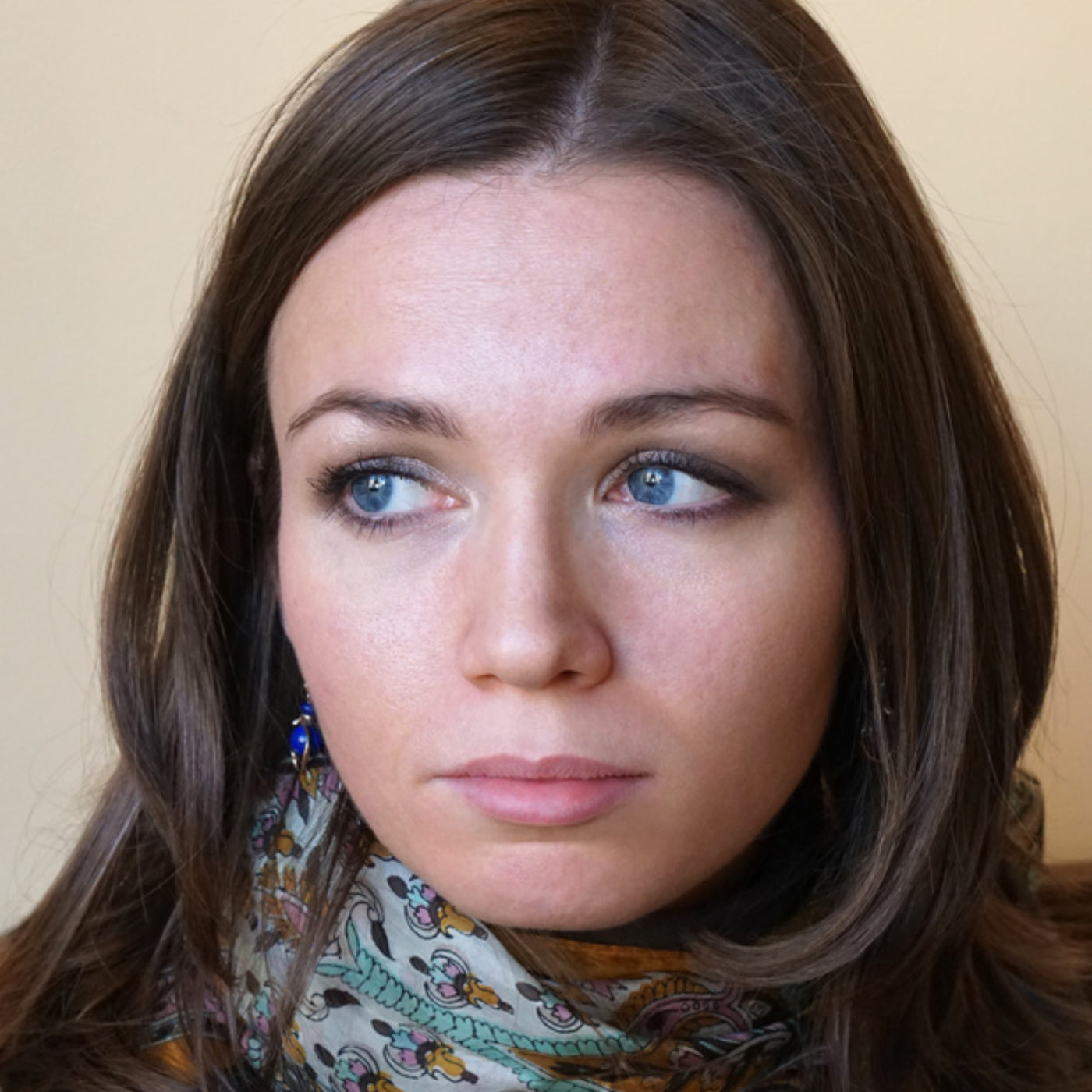
S. A. Chakraborty
